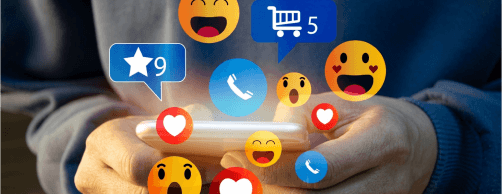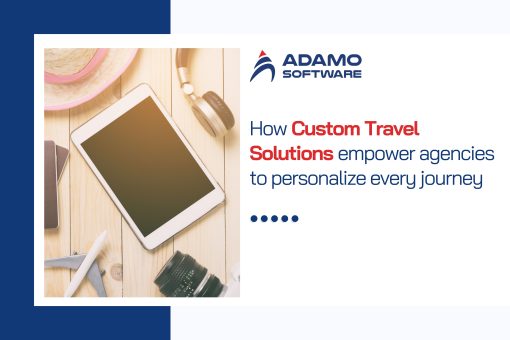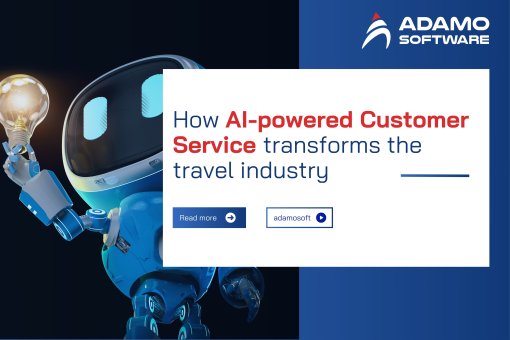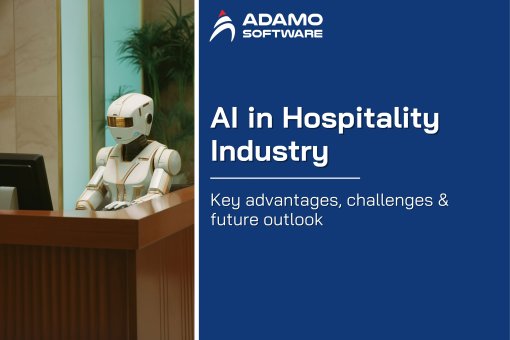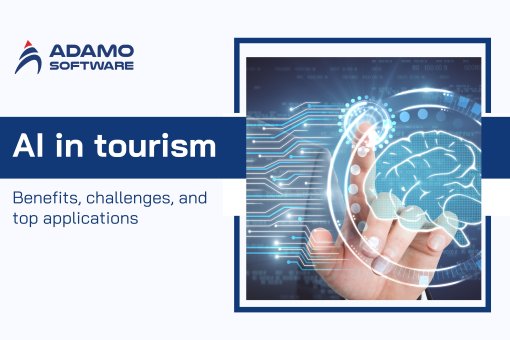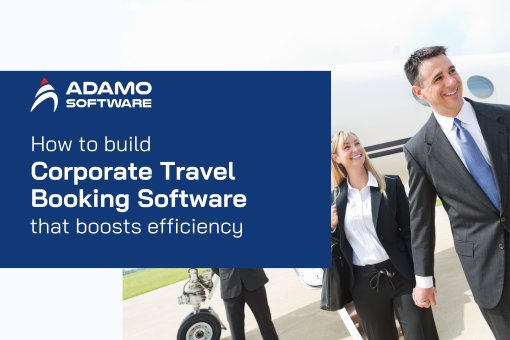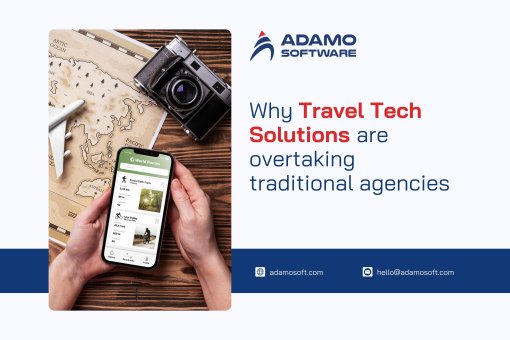Medical tourism CRM: What is it, key features and who should use
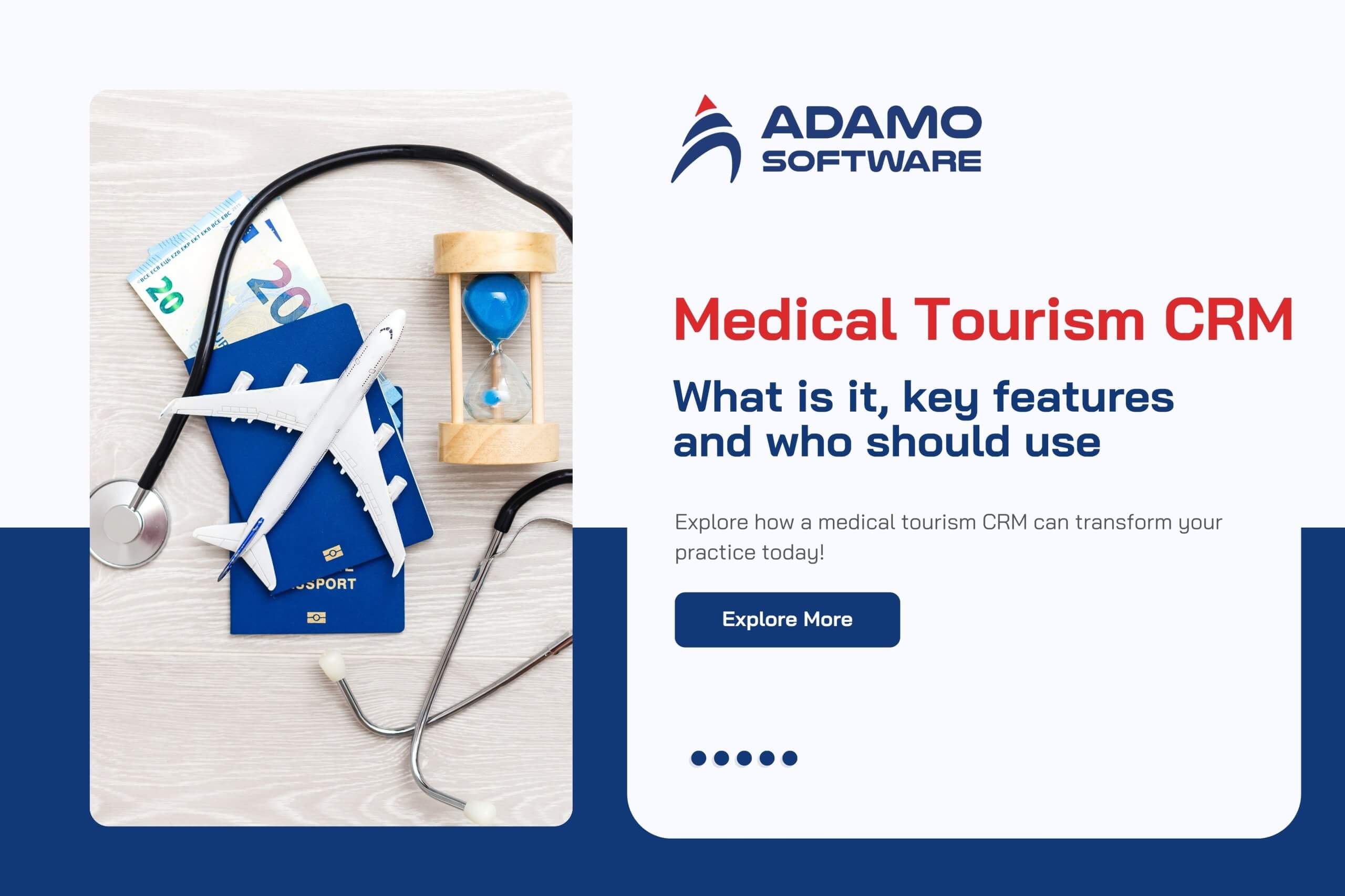
Nowadays, there is a rapid rise in the popularity of medical tourism. More and more patients go abroad to seek treatment for different reasons, like lowering costs and getting better-specialized services. As the medical tourism trend continues, healthcare providers will need a robust enterprise solution, a powerful medical tourism CRM. Simplifying patient interactions and their experience for international patients using this tool is a shortcut to significant savings that everyone can benefit from.
A medical tourism CRM helps your healthcare facility monitor inquiries, schedule appointments, and keep in contact with patients. In addition, it reveals valuable patient preferences and behaviors. Overall, medical tourism CRM helps providers increase operational efficiency and develop stronger client relationships.
This blog looks into the key features and advantages of medical tourism CRM. We will also discuss the suitable users of this technology so that you figure out for yourself if this is the right choice for you.
I. What is medical tourism CRM?
Medical tourism CRM is a tailored software solution designed specifically for companies operating in the health tourism sector. It is a product that helps manage customer relationships as well as operational processes. Medical tourism CRM automates tasks that allow an organization to follow up with patients during and even after their healthcare journey. This software is also used to collect and analyze customer data. From there, business can develop the best strategies to boost patient satisfaction and make the operation much more efficient.
Medical tourism CRM features are managing customers, appointments, communication tools, and marketing campaign management. With these functionalities, clinics, hospitals, and industrial companies can acquire better service quality and gain significant advantages in the market. Essentially, medical tourism CRM systems bring together all the information and interactions between patients and those interested in delivering.
Organizations focused on growing their medical tourism business should implement a robust CRM system. This will optimize operations and enhance the patient’s experience. Beyond the communication support, this technology promotes data-driven strategies that can drive increased loyalty and retention in the burgeoning medical tourism industry.
II. Key features of Medical Tourism CRM software
The various medical tourism CRM software features are essential for business efficiency and customer satisfaction. That’s why health tourism companies that want to optimize operations and improve patient experiences need this specialized software.
Below are the vital features that an effective medical tourism CRM should include:
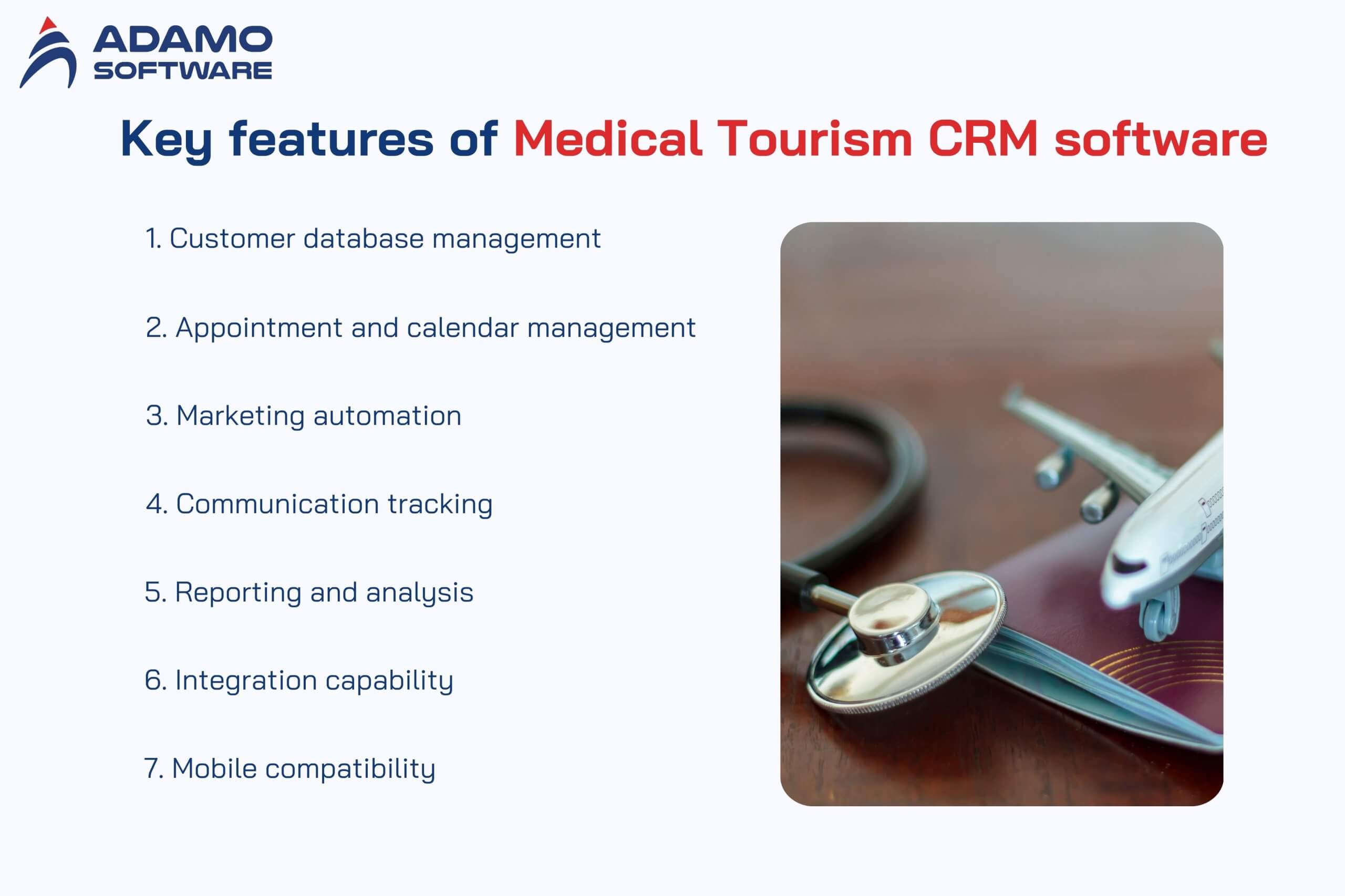
1. Customer database management
Medical tourism CRM software excels at securely storing all user information, including demographics, medical history, and preferences. This centralized database lets healthcare providers analyze customer profiles in detail and customize the service delivery according to each patient’s requirement.
Understanding the patient’s unique circumstances will facilitate stronger relationships and, therefore, stronger loyalty. Furthermore, this feature allows businesses to monitor patient interaction over time to create enhanced communication and care strategies based on collected information. Ultimately, proper customer database management will provide a more personalized and engaging patient experience.
2. Appointment and calendar management
Effective appointment management is vital in the fast-paced world of medical tourism. CRM software makes scheduling simple by integrating powerful calendar features that allow staff and patients to manage appointments easily. This feature also eliminates any scheduling conflicts by constantly updating availability on the spot. A patient can book, reschedule, or cancel an appointment, all with ease.
Reminders are automatically sent via email or SMS. This helps decrease no-shows and ensures that patients get the quick care they need when they need it most. Overall, medical tourism CRM simplifies the booking process, making service delivery and patient satisfaction a more streamlined and consistent practice.
3. Marketing automation
Medical tourism CRM systems allow organizations to manage marketing through automation safely. This includes email campaigns, branded social outreach, and targeted advertising campaigns. By automating those processes, businesses can personalize their offers to interested patients, resulting in heightened engagement and strengthened customer loyalty.
This capacity to segment patients and send tailored messages ensures they will be more effective if the potential patients ever see them. Furthermore, automated follow-ups can help nurture leads through the sales funnel. This, in turn, can increase your conversion rates and bring about better business outcomes.
4. Communication tracking
In the medical tourism industry, patients have many things to consider before deciding their healthcare options. This piece of CRM software tracks all customer interactions, from inquiries, responses, and follow-up actions undertaken by staff. This feature means businesses can promptly respond to the patient’s request without losing or forgetting communication.
Healthcare providers can build trust with patients by maintaining a detailed communication history. They can facilitate exceptional service by addressing every concern a patient has along the patient journey.
5. Reporting and analysis
Medical tourism CRM systems are a necessary means of detailed reporting and analysis. These features help businesses see how they’re performing by offering sales data, customer feedback, market trends, and operational efficiency metrics. This information is analyzed, and organizations can pinpoint strengths and weaknesses within their processes. From there, they’ll be able to make informed business strategy decisions to improve service delivery.
Furthermore, reporting tools are customizable, meaning businesses can track the key performance indicators (KPIs) that matter to their goals. This enables continuous improvement toward patient needs and expectations.
6. Integration capability
A good medical tourism CRM should be a seamless part of other essential business software systems, such as billing platforms or EHR. Through this integration ability, organizations can run all processes on one platform to synchronize workflows. This also lessens the burden of personnel working with separate systems to enter data.
Centralizing information access enables healthcare providers to work collaboratively amongst teams and ensures all staff members have recent patient information at their fingertips. Such an approach not only gives you more efficiency but also better healthcare for patients.
7. Mobile compatibility
The advantage of the medical tourism CRM software is mobile access. This feature is especially useful for field personnel and managers in charge of the services on the condition of going. Mobile compatibility allows staff to view and manage patients from anywhere and anytime and even contact clients.
The flexibility enables healthcare providers to react faster to patient needs wherever there is a patient, improving customer service. At the same time, mobile access allows real-time updates of patient interactions or any changes in the scheduling. This, in a medical tourism environment, is vital to maintain continuity of care.
Overall, by including the 7 key features of any medical tourism CRM software, organizations can ensure that they make the best out of it. These features will be the cornerstones of a successful operation in the medical tourism industry, leading to enhanced customer satisfaction and loyalty.
Also read: Medical Tourism App: A full guide on the game-changer in healthcare
III. Benefits of CRM system in medical tourism
As the holy grail of medical tourism, success relies heavily on effective patient relationship management. A CRM system designed specifically for this industry has many advantages such as creating better patient experience and better streamlined operations. A well-implemented CRM can improve communication between healthcare providers and patients in areas such as satisfaction and loyalty.
Here’s a list of the top 10 biggest benefits of a CRM system in medical tourism:
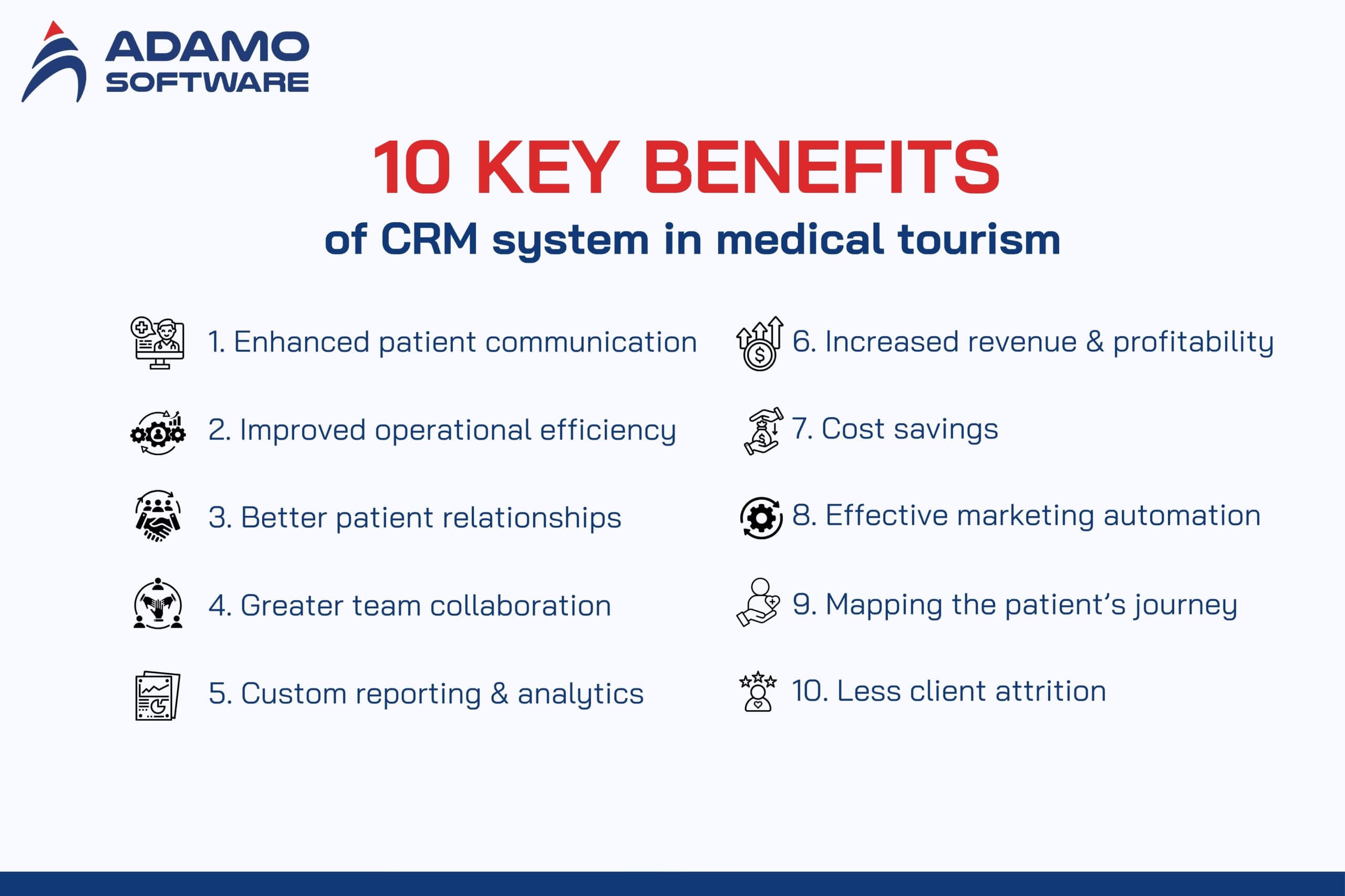
1. Enhanced patient communication
Medical tourism is founded on effective communication. Medical tourism CRM allows healthcare providers to stay connected and in touch with potential patients by sending personalized messages, appointment reminders, and land follow-up notifications. This extent of engagement helps increase patient satisfaction and strengthens the healthcare business’s credibility. This helps organizations keep their patients informed and feel valued, which eventually leads to improved patient loyalty and trust.
2. Improved operational efficiency
A medical tourism CRM will streamline and organize many processes, thus increasing operational efficiency. In one system, team members can quickly access relevant information. So, there is no need for patients to repeat their concerns time and again with other team members. Thus, the centralized approach reduces the time spent on administrative tasks so staff can concentrate on patient care. As a result, healthcare providers can serve patients more efficiently, increase patient happiness, and improve the outcomes of medical tourism.
3. Better patient relationships
The medical tourism industry is built on relationships with patients. Medical tourism CRM helps organizations to the database and analyze all patient data completely to know their tastes and requirements. The idea is to personalize interactions based on this data to create deeper trust and rapport between healthcare providers and patients. This relationship-building enhances the patient experience and boosts speech visits and referrals, which helps build success in the long term.
4. Greater team collaboration
In the field of medical tourism, collaboration among team members is absolutely vital to delivering high-quality patient care. A medical tourism CRM fosters teamwork by allowing several agents or medical staff to edit and update patient records in real-time. This real-time collaboration ensures that every patient’s care labor is informed, decreasing the risk of miscommunication or errors. Better teamwork promotes better patient outcomes since all team members have something to offer.
5. Custom reporting and analytics
One big advantage of medical tourism CRM is that it allows you to generate custom reports and perform in-depth analytics. It provides the advantage of tracking key performance indicators, analyzing sales data, and obtaining effective customer feedback for healthcare organizations. With this information, businesses can build the knowledge they put into making inventive strategic choices to improve their services and marketing efforts. Besides, organizations stay ahead of market trends. This would be useful to help organizations adapt to changing patient needs and remain competitive in the changing medical tourism environment.
6. Increased revenue and profitability
Implementing a medical tourism CRM can improve sales management and customer engagement strategies, which, in turn, can bring higher revenue. This empowers staff to harness the opportunities for sales completely, which results in higher conversion rates. Moreover, patient satisfaction will lead patients to either refer other patients to the organization or explore other services offered by the organization. This can really help grow revenue channels along the way. Using a well-used CRM will ultimately help the profitability of healthcare officials in the medical tourism sector.
7. Cost savings
A high initial investment in a medical tourism CRM is inevitable, but a high return on investment is likely. Organizations that automate, among other manual processes, scheduling, and billing, can be less strained by labor costs. On top of that, a single database saves you from buying and using multiple software programs or separate spreadsheets to manage your client info. These efficiencies, over time, offer reductions in operational costs and also provide high-service delivery for patients.
8. Effective marketing automation
Medical tourism CRM automates marketing with features that help you manage your campaigns across email and social channels. Healthcare businesses can easily analyze campaign effectiveness by integrating data from digital marketing initiatives like Google Ads or Facebook leads. It makes it possible for organizations to create a marketing strategy that best fits patient demographics and behavior patterns. This raises engagement rates and leads them to acquire more new clients.
9. Mapping the patient’s journey
To improve the patient’s journey, it is important to understand how they decide to use medical tourism. A medical tourism CRM enables the mapping of every step through this journey, from initial inquiry through treatment and post-care. So, the provider can build relationships with the patient every time they reach out. By looking from a patient’s perspective, this journey can be analyzed to figure out where healthcare organizations can improve. This helps ensure that patients receive comprehensive support throughout the whole experience.
10. Less client attrition
For the medical tourism business to grow sustainably, it’s important to retain clients. Implementing a well-designed medical tourism CRM allows consistent communication and follow-up care, resulting in deeper patient relationships. The research shows that if several individuals from your team engage with a client, the chances of attrition diminish remarkably. An organization can ultimately improve loyalty and turnover rates by creating an environment where patients’ needs are met, with all staff members valuing them.
Overall, there are many advantages that might really raise the quality of care and operational effectiveness when a medical tourism CRM system is integrated. Through better communication, increased team collaboration and understanding provided through analytics, healthcare organizations will not only improve patient experiences, but also revenue growth. Taking advantage of these benefits puts providers in good stead to succeed in medical tourism, competitive world.
IV. Who should use Health tourism CRM
Any healthcare organization, clinic, or medical tourism agency involved in health tourism must have a medical tourism CRM system. It’s an advanced technology that smoothens the critical working processes of communication with potential patients from abroad, managing appointments, and tracking medical history. CRM usage helps to enhance the organization’s capacity to interact with patients. This allows healthcare facilities to provide timely information and support while patients undergo their healthcare journey. This improved communication builds trust and leads to satisfaction, two key elements for long-term relationships with international patients.
A medical tourism CRM adoption gives businesses a big advantage over their competition in the marketplace. Organizations can increase the satisfaction of their customers and improve the service they offer by effectively managing operational processes. The CRM system offers customized reporting and analytics, allowing businesses to utilize data to meet patient needs and make market trend-driven decisions. Additionally, the CRM implementation is accompanied by training services to help prepare staff to benefit from the best use of the system.
Medical tourism CRM is essential for organizing, monitoring, and optimizing customer relationships. It allows healthcare providers to regularly record, track, and analyze collected potential customer information from digital marketing activities like Google Ads and Facebook leads. The capability substantially benefits organizations in terms of patient and sales management. Having complete data regarding patient inquiry and preference, organizations can better customize their services, thus increasing conversion rates and patient retention.
In addition, a medical tourism CRM has functionality beyond data collection and offers a holistic view of the patient’s journey. Mapping out this journey can help healthcare providers learn where key touchpoints are needed to improve engagement. This insight encourages proactive communication techniques that allow patients to remain informed and part of their care process.
In the end, a medical tourism CRM system is not just about being more operationally efficient. It’s about making the patient experience from the beginning to the end of their healthcare journey one that is smooth, informative, and supportive.
V. Why Adamo Software?
Selecting Adamo Software as your partner for building medical tourism CRM would be a great move for your business. We can help optimize patient management and simplify communication with potential clients based on our tailored solutions. We also understand the medical tourism industry and the specific needs for tracking patient interaction.

Using our medical tourism CRM, you can easily merge marketing data and analyze performance metrics. It lets you make data-driven decisions, which enhance customer satisfaction. Working with Adamo Software, you’ll have a reliable operation partner committed to improving your patient experience and taking your operations to the next level. Contact us today to take your medical tourism CRM software to the next level!




